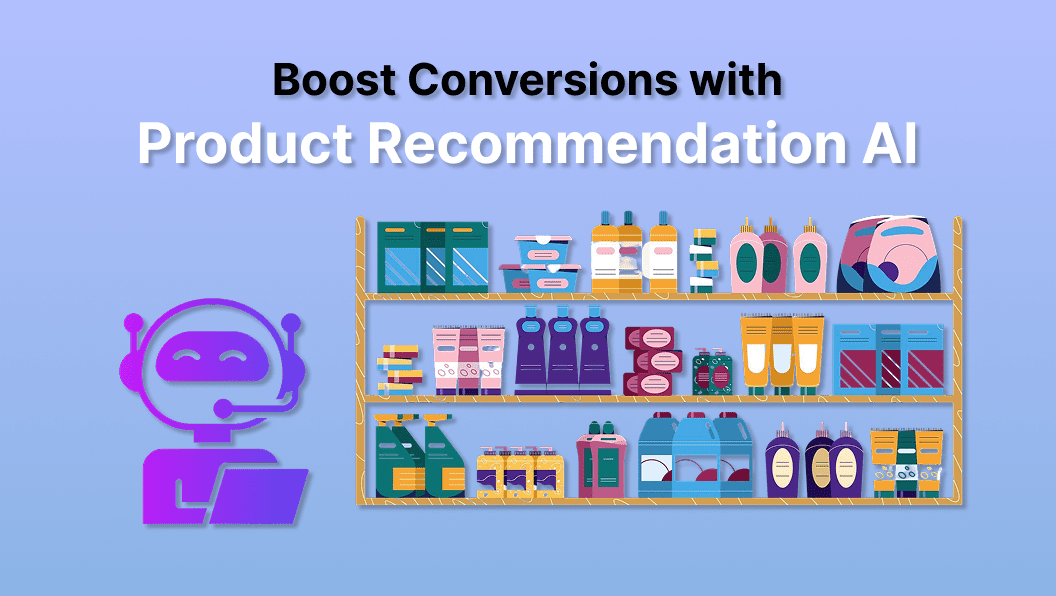Artificial Intelligence (AI) is becoming a necessity in the manufacturing industry with its game-changing role. 72% of manufacturers report enhanced operational efficiency and reduced costs after integrating AI technology.
The applications of AI for manufacturing companies are diverse. It maximizes productivity, offers rigorous quality control, lowers costs, and reduces compliance risks. For example, LG smart factories use Azure ML to detect/predict defects in their machinery, which helps cut down on unexpected delays.
In this guide, we will look into the AI solutions for manufacturing and the practical benefits and use cases.
What Are the Key AI Solutions for Manufacturing Companies?
There is a wide range of AI solutions for manufacturing companies to facilitate/automate various aspects of production. They can optimize quality control, product design, supply chain optimization, predictive maintenance, and demand estimation.
We will talk in detail about the use cases of AI in manufacturing in the following sections, but let's first understand the key AI solutions/technologies manufacturing companies can use:
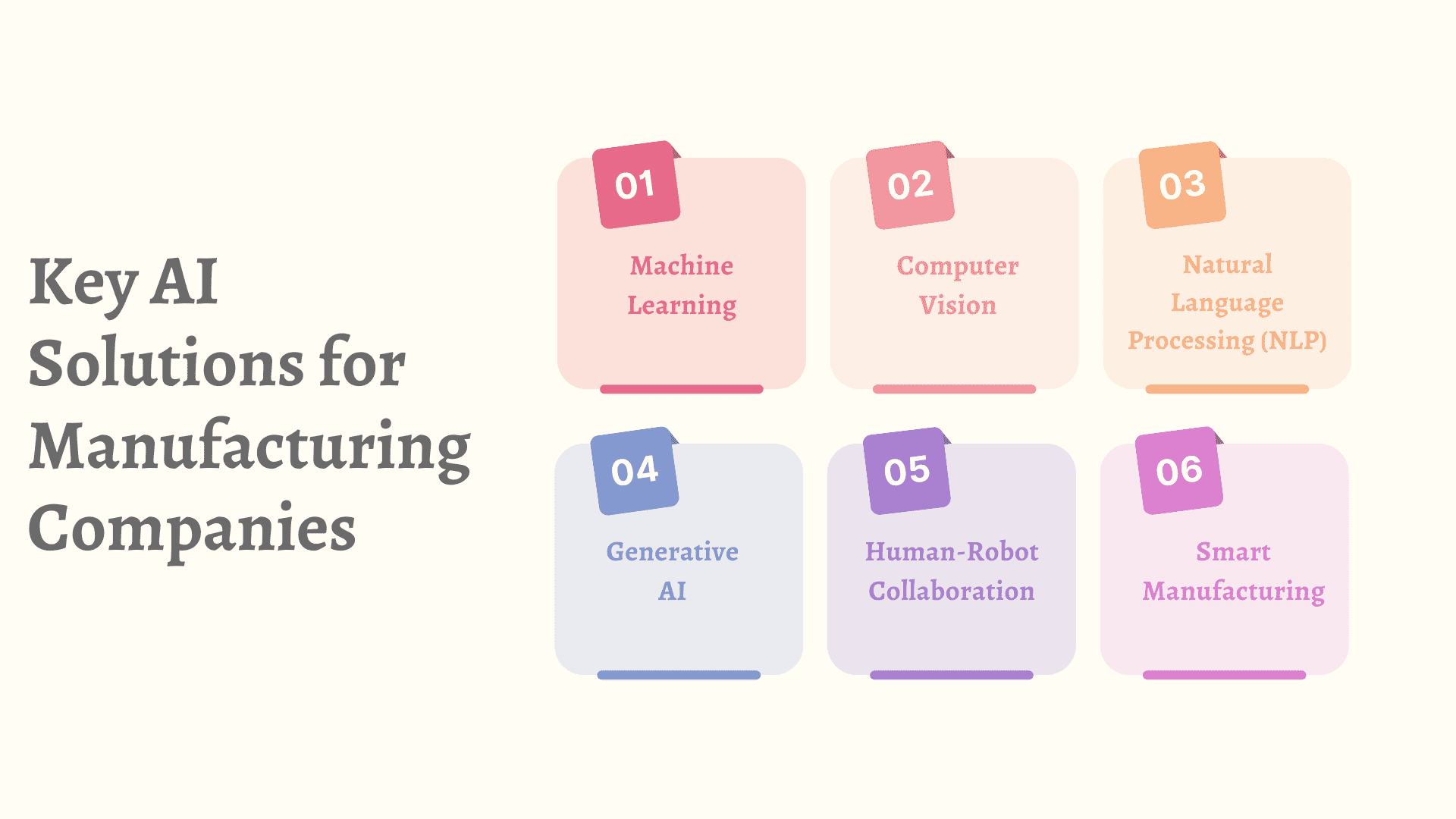
Machine Learning
Machine Learning algorithms can analyze extensive production data and identify patterns or detect issues. For example, ML is useful for predictive maintenance. It analyzes sensor data like vibration, temperature, and pressure to forecast machine failures. This lowers maintenance costs and unplanned downtime.
Besides that, ML can also continuously learn from operational data and support demand forecasting, process/inventory improvements, and more.
Computer Vision
One of the crucial AI solutions for manufacturing companies is computer vision, which uses advanced cameras and deep neural networks to inspect products on assembly lines in real-time. It can detect various defects in products, such as surface imperfections, structural damages, misalignments, and more. This raises quality control to new levels and reduces waste.
Natural Language Processing (NLP)
Natural Language Processing (NLP) enables AI systems to understand and interact using human language. It is used to power virtual assistants, chatbots, and other purposes. In the manufacturing industry, NLP facilitates knowledge management and technical support. It enables workers to use chat interfaces for faster access to information.
Generative AI
Generative AI technology helps generate new content, which can be text, images, designs, code, and more. Manufacturing companies are using gen AI for various purposes, such as customer service, document summarization, product searches, call processing, and more. For example, GPTBots helps create AI-powered chatbots for customer service, enterprise knowledge management, and more.
Generative AI also helps design prototypes based on input parameters and suggests innovative configurations to reduce material usage or increase performance. It can also simulate different production scenarios to identify the most efficient process. According to a Harvard Business School study, Gen AI can increase performance by 40% for highly skilled employees.
Human-Robot Collaboration
AI for manufacturing is also modernizing human-robot collaboration. The traditional industrial robots used to work in controlled environments and require close supervision. However, there are now collaborative robots (cobots) that work alongside humans to handle repetitive tasks.
For example, cobots can perform precise screwdriving or material handling tasks in assembly lines to reduce worker strain. They can also be used for quality inspection, where they combine vision systems with robotic arms to detect and separate defective pieces.
Smart Manufacturing
Smart manufacturing, or smart factories, is a key component of what we call Industry 4.0. It reflects an advanced approach to production using a combination of connected technologies, AI for automation, and real-time data analytics. It creates efficient and adaptive production systems that monitor and optimize manufacturing processes and help improve product quality and reduce waste.
Benefits of AI in Manufacturing
AI for manufacturing is delivering wonders for companies, as it enhances efficiency, precision, and adaptability. According to statistics, businesses can experience a revenue increase from 6% to 10% with AI adoption. In fact, it is projected that the manufacturing industry will gain $3.78 trillion from AI by 2035.
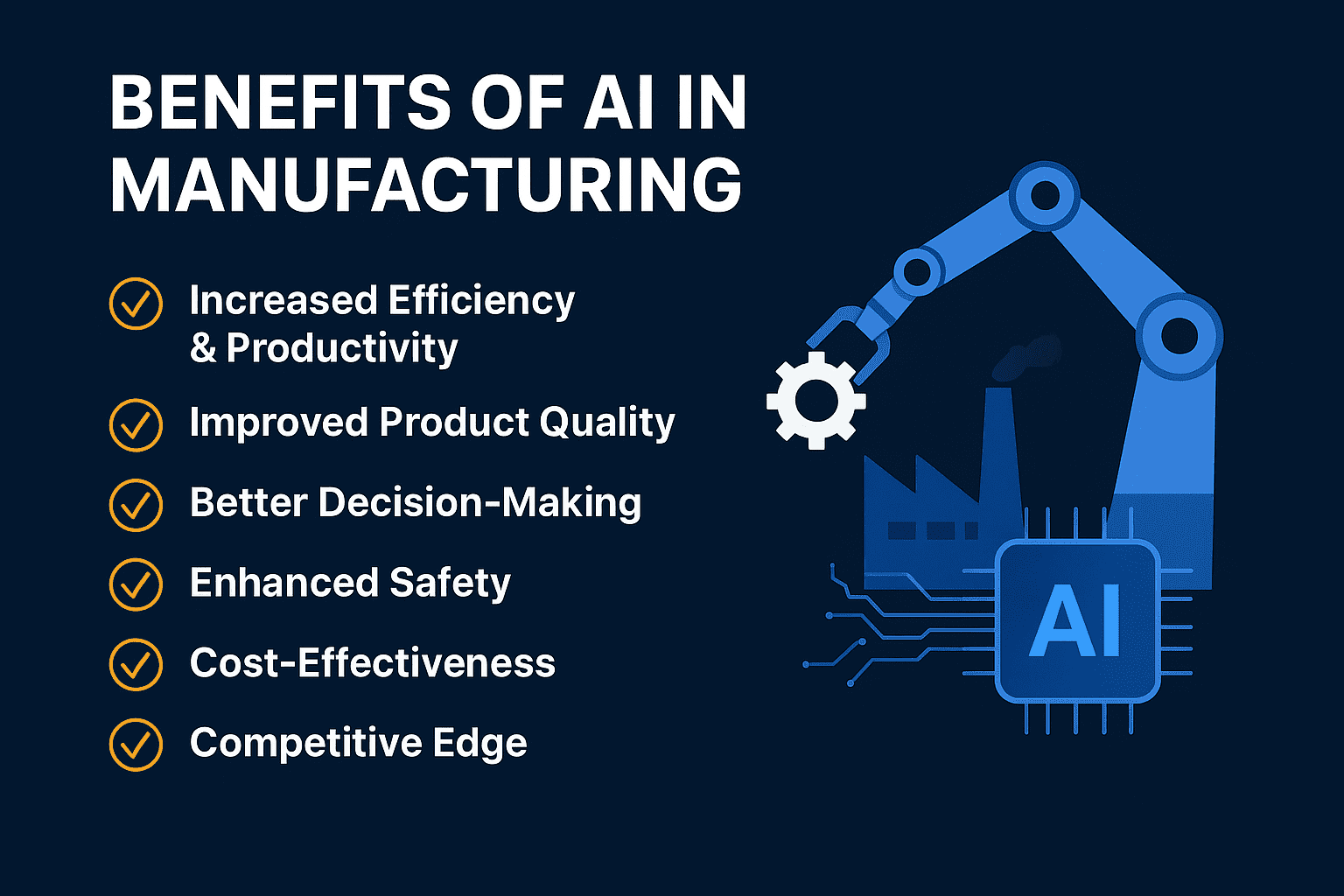
Some of the key benefits of AI solutions for manufacturing include:
Increased Efficiency & Productivity
AI automates repetitive tasks to optimize workflows and reduce human error. It creates an integrated system where processes are connected to drive fast production cycles and higher throughput without sacrificing quality. All this helps manufacturers increase productivity and allows workers to focus on higher-value tasks.
Improved Product Quality
When AI for manufacturing quality control is in action, it reduces the number of defective products. It provides real-time feedback on quality-related issues. Other than that, teams can have rapid prototypes of designs and processes to identify flaws faster.
Better Decision-Making
AI analyzes extensive data and provides advanced analytics. For example, it can predict demand fluctuations to help manufacturers optimize inventory levels and reduce both overstock and stockouts. Similarly, it can identify the best delivery routes and schedules to improve supply chain efficiency. These insights help manufacturers make more intelligent and data-driven decisions.
Enhanced Safety
Many manufacturing operations are hazardous, such as handling heavy machinery, working with high-temperature equipment, and others. Collaborative robots and computer vision help minimize risks. They can handle dangerous tasks and improve workplace safety.
Cost-Effectiveness
AI can reduce costs for manufacturing companies in a number of ways. The use of predictive maintenance and digital twin technologies increases the equipment's life. Similarly, optimized supply chain management, data-driven planning, inventory management, automated manufacturing operations, and more all lead to significant cost savings.
Competitive Edge
AI solutions for manufacturing empower manufacturers to innovate faster. The rapid prototyping and digital twin simulations make companies launch products much faster than their competitors. In fact, 93% of manufacturers consider AI the main drive of innovation and growth in 2025.
Use Cases for AI in Manufacturing
Did you know that more than 60% of manufacturing companies have already developed strategies to integrate AI into their processes? This widespread adoption highlights how crucial AI has become in the industry.
Without wasting any more time, let's look at the top use cases of AI in manufacturing:
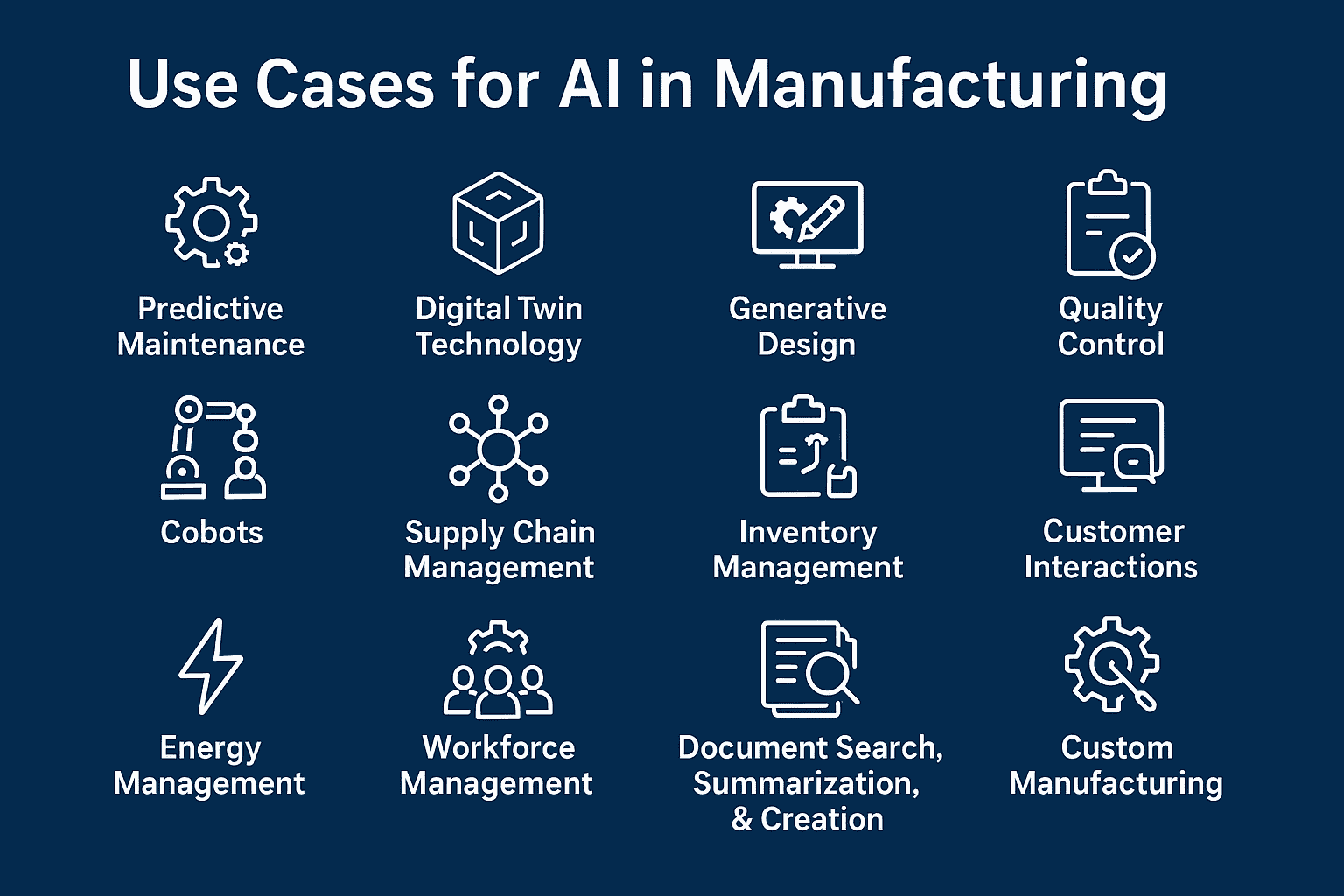
1. Predictive Maintenance
AI uses trackers, cameras, and computer vision to keep a close eye on the manufacturing process. It helps:
- Predict equipment that requires maintenance.
- Identify anomalies faster and trigger alerts.
- Predict the potential time and severity of equipment failures.
AI's predictive maintenance is capable of reducing unplanned downtime by 30% and increasing equipment lifespan by 20-40%. It also leads to the extended lifespan of machines and lower overall maintenance costs.
2. Digital Twin Technology
Digital twins create virtual replicas of physical assets and processes. It empowers manufacturers to simulate, monitor, and optimize operations in real time. The AI's integration with IoT data enables rapid problem detection. It also helps in scenario testing and continuous improvement. All this leads to better decision-making and reduced downtime across complex manufacturing systems.
3. Generative Design
Generative AI for manufacturing is usable for various purposes. It automates product design with multiple optimized prototypes based on your required criteria. This speeds up innovation cycles and helps you market new products faster with reduced development costs.
4. Quality Control
AI for manufacturing and its quality control applications allow manufacturers to inspect products for defects with exceptional speed. The vision system can identify anomalies, like surface flaws or dimensional errors. As a result, your production builds a consistent quality of products.
5. Cobots
Collaborative robots (cobots) work alongside human operators to perform repetitive or strenuous tasks. For example, you can see cobots in assembly lines performing intricate screwdriving or inserting small parts with millimeter precision. They also assist in machine tending, material handling, and quality inspections. In short, they enhance efficiency and reduce worker strain.
6. Supply Chain Management
AI acts as a virtual assistant in managing the supply chain. It can:
- Forecast demand using real-time insights
- Pinpoint supply chain disruptions early
- Examine supplier quality and reliability
AI improves supply chain visibility and resilience for manufacturers to enable them to adapt to changing market conditions swiftly.
7. Inventory Management
AI-driven systems predict inventory needs and automate restocking to prevent shortages and overstock. Real-time tracking and analytics lower carrying costs and align stock levels with demand fluctuations. Eventually, manufacturing companies can enhance operational agility and cash flow.
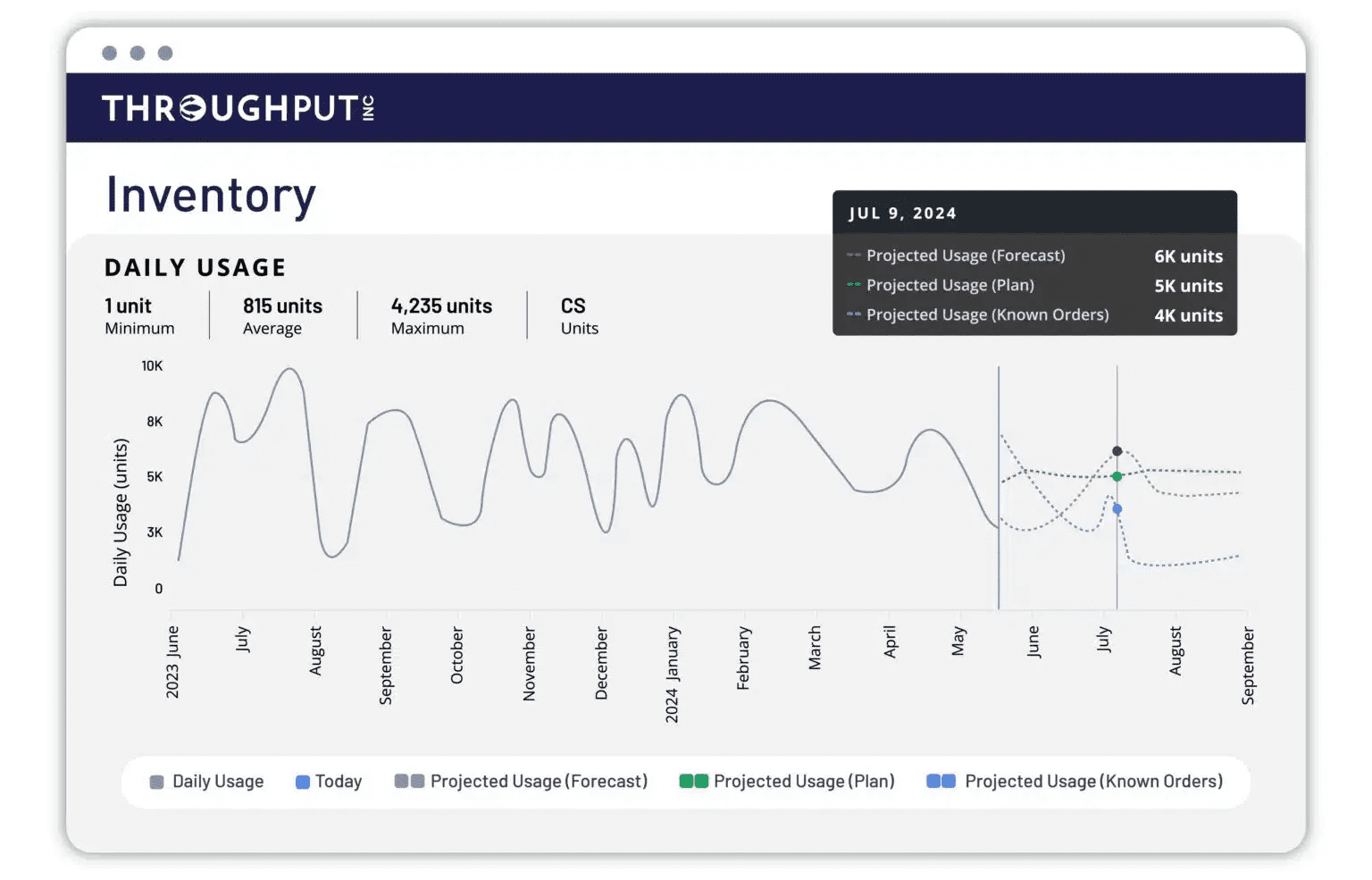
8. Customer Interactions
Conversational AI is automating interactions with accurate and real-time responses to customer and employee inquiries. It handles order status updates, troubleshooting, and FAQs.
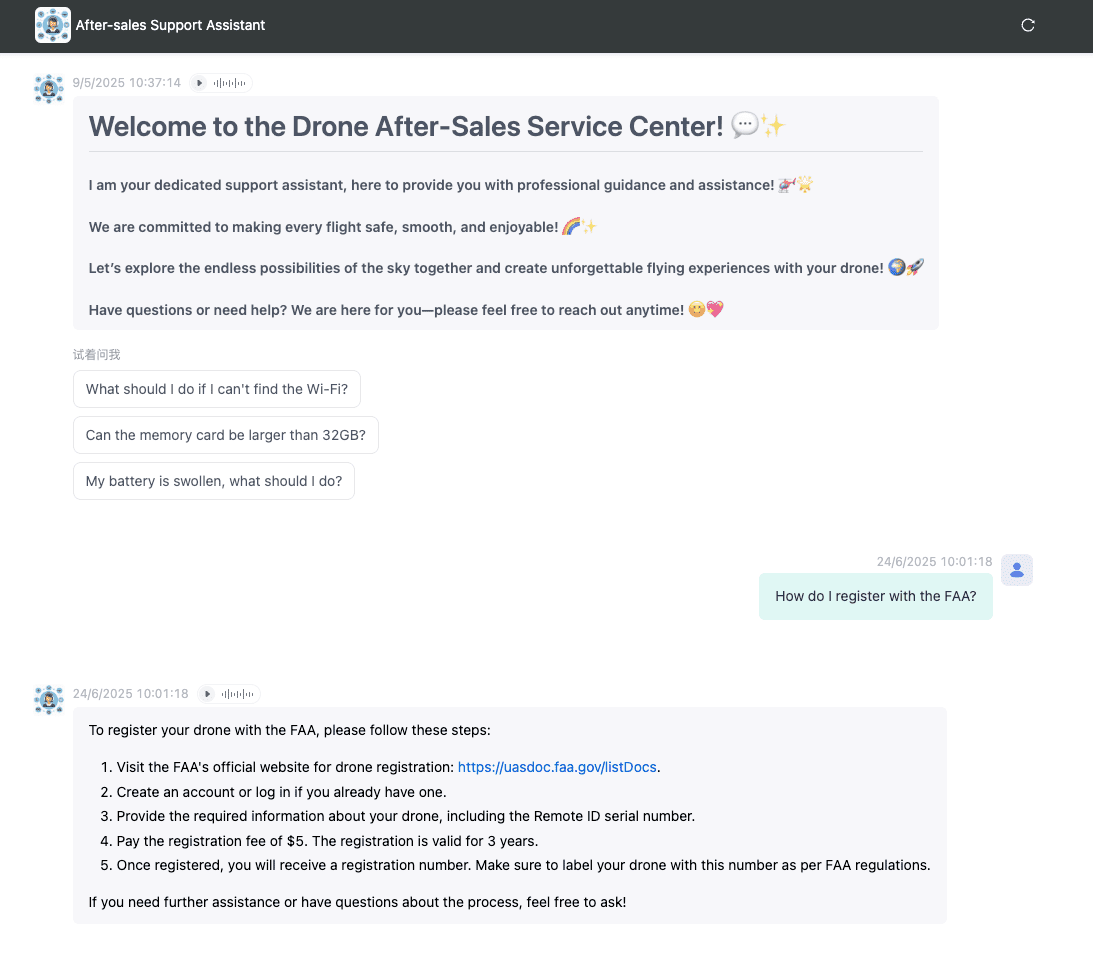
For example, GPTBots empowers manufacturers to build AI chatbots and agents trained on the corporate knowledge base and capable of offering instant responses to queries. They can even escalate complex issues to human agents for smooth communication and efficient problem resolution. The best part is that GPTBots also supports Private AI Deployment with the highest security for manufacturers to have secure AI integration.

9. Energy Management
AI can analyze energy usage patterns and optimize energy consumption. For example, companies like Google use AI to reduce data center cooling energy by 40% via predicting cooling needs and adjusting systems. AI also helps factories optimize equipment usage, shut down idle machines, and more.
10. Workforce Management
AI for manufacturing companies also supports workforce management. It can optimize labor scheduling, performance analysis, attention tracking, and more. In addition, predictive analytics anticipate staffing needs. This leads to efficient resource allocation and avoids overstaffing or burnout.
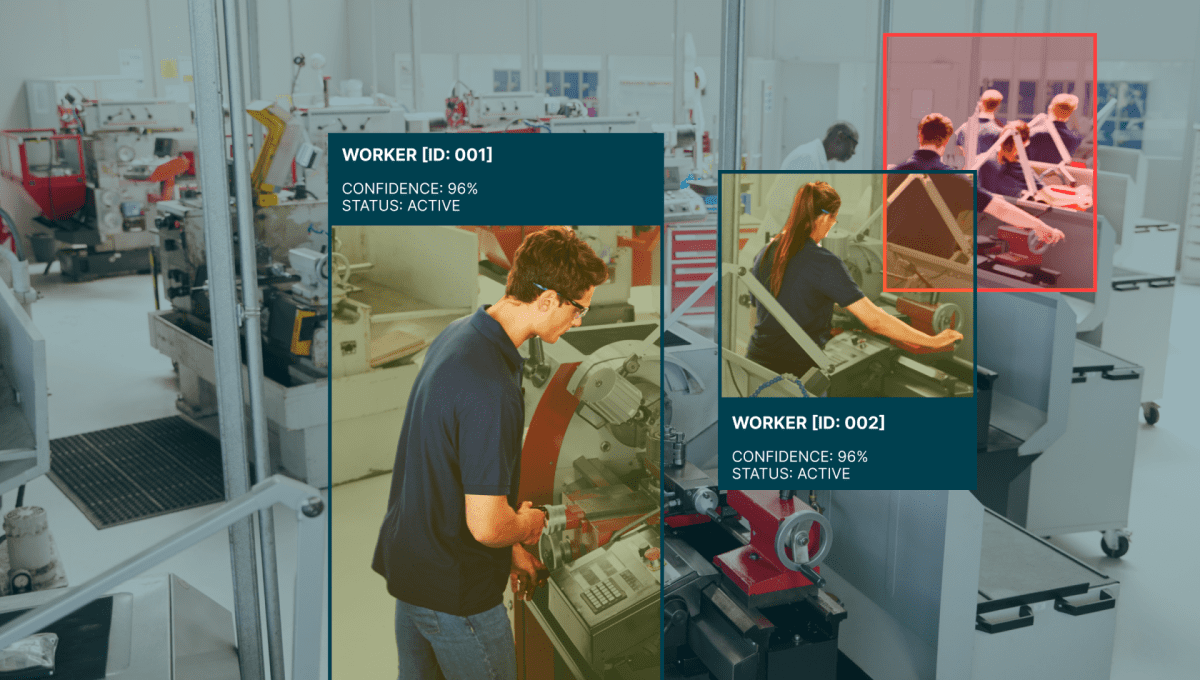
11. Document Search, Summarization, & Creation
Generative AI for manufacturing is usable beyond designing. It can help manage activities related to documentation. It can create new documents, summarize lengthy ones, help search for information in documents, and more.
GPTBots is one such AI platform that enables manufacturers to build custom AI assistants. These AI agents can automatically process manuals, compliance reports, and training materials. This enhances information retrieval speed and optimizes compliance workflows.
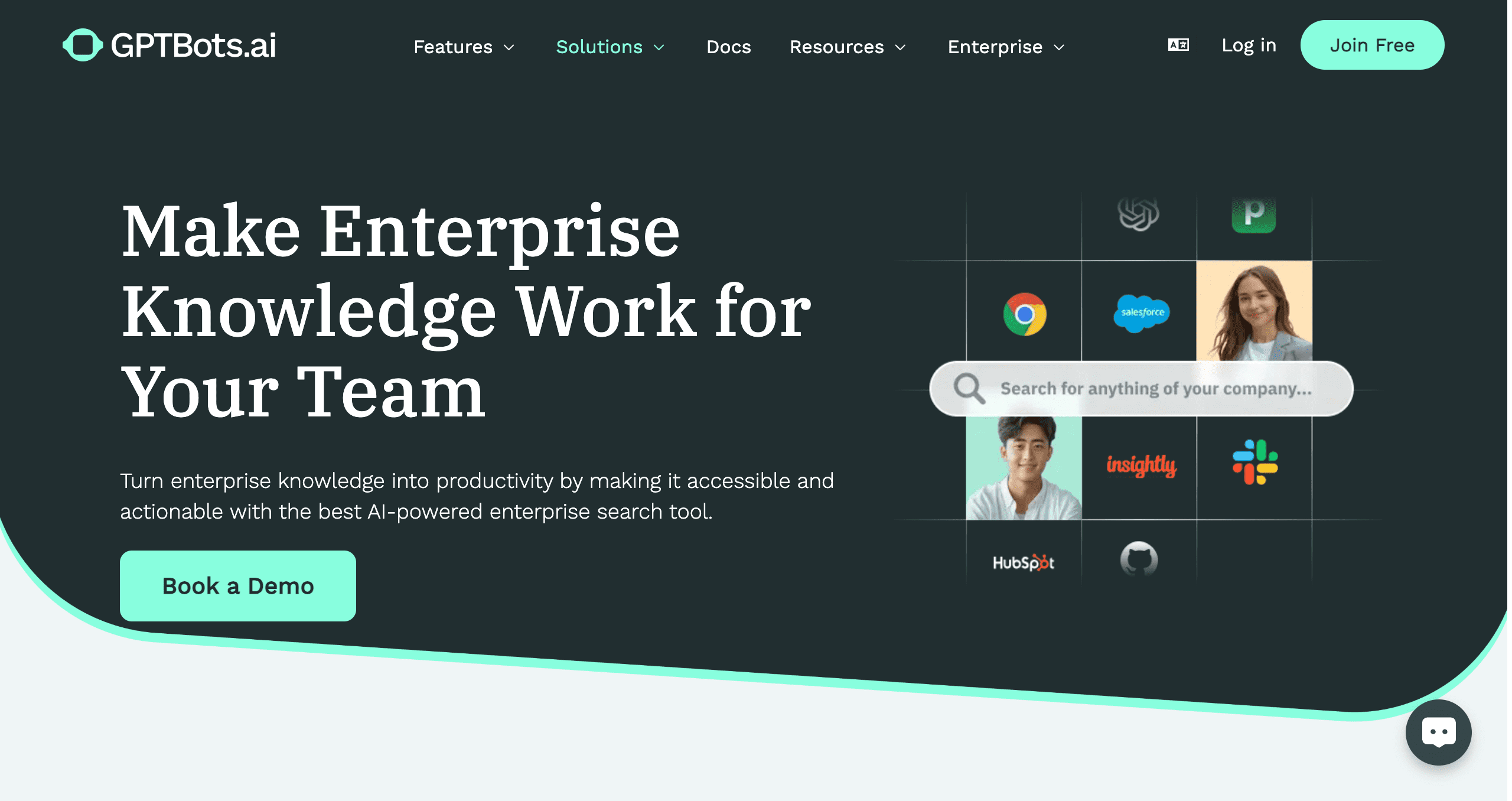
12. Custom Manufacturing
AI enables mass customization with custom manufacturing. It integrates customer preferences with production capabilities. For example, Nike uses AI-driven design tools to let customers create custom shoes. It automates design adjustments and manufacturing processes, which enables efficient customized product production without sacrificing speed.
13. Process Automation
AI is capable of automating many repetitive manufacturing tasks. It can automate:
- Assembly line operations
- Quality control inspections
- Material handling
- Data entry and administrative workflows
- Inventory replenishment
For example, GPTBots provides a visual workflow automation platform to build and deploy AI-powered process automation, especially related to administrative workflows, like invoice processing, data entry, task assignment, resource allocation, and more.
In short, AI streamlines production processes and reduces human error. Employees get to focus on more complex and creative tasks, which boosts overall operational efficiency and productivity.
Conclusion
The market size for AI use in manufacturing was $5.94 billion in 2024 and is projected to reach $230.95 billion by 2034. This reflects a prominent shift towards AI-backed manufacturing operations.
AI for manufacturing has extensive and crucial use cases that manufacturers cannot ignore if they want to innovate and remain competitive. Therefore, we will wrap up this guide by recommending that manufacturing companies integrate AI where possible to unlock new growth opportunities and enhance adaptability to market demands.
GPTBots makes it easy to take the first steps by offering a powerful workflow automation platform for accurate AI adoption with minimal complexity. Ready to see it live? Contact us and get started!
Get a Custom DemoFAQs about AI for Manufacturing
1. Which kind of AI is used for maintenance and quality checks in digital manufacturing?
The main AI types used for maintenance and quality checks in digital manufacturing are machine learning and computer vision. The ML analyzes sensor and operational data for predictive maintenance, while computer vision helps in real-time defect detection.
2. How is AI used in production planning?
AI analyzes vast data on demand, resources, and equipment. It forecasts needs, optimizes schedules, allocates resources, and adapts plans in real time. All this improves production planning and manufacturing productivity.





